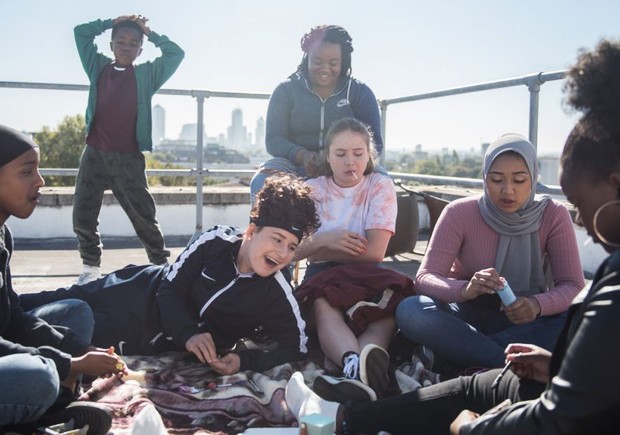Listening
Belmiro Costa
There is a distinction in hearing and listening in that hearing means to take in sound; listening means to process that sound too. Listening often means to do so actively. To fill in gaps in your knowledge and build a whole picture.
All definitions are contextual and in the context of social change listening takes on a deeper and more intimate meaning.
Listening is often used as a tool for community organisers/ facilitators to understand the social, economic and political context of their people and arguably more importantly to build relationships and develop cohesion within the community. It is necessary for them to understand not only people’s situation, but the nature of people’s interaction with this situation. Often the most effective community organisers are those that are able to tie in science with testimony from the community to create the most powerful arguments for change. In the context of social change it is fundamental to build this empathetic understanding in those you listen to.
All definitions are contextual and in the context of social change listening takes on a deeper and more intimate meaning.
Listening is often used as a tool for community organisers/ facilitators to understand the social, economic and political context of their people and arguably more importantly to build relationships and develop cohesion within the community. It is necessary for them to understand not only people’s situation, but the nature of people’s interaction with this situation. Often the most effective community organisers are those that are able to tie in science with testimony from the community to create the most powerful arguments for change. In the context of social change it is fundamental to build this empathetic understanding in those you listen to.
Rocks: 2019
Rocks was a project that sought to bring young women in London to the screen authentically. With all the crew on the film being past their teenage years they needed to think radically about how to write this piece and make it as relevant as possible. Their final process was to cast young women IN their schools, open to all, so no prior acting experience was necessary and co-design the film together. This process took over a year and by the end, each character knew the plot to the story so well, most of the lines were improvised. The film went on to win 5 titles at the British Independent Film Awards.